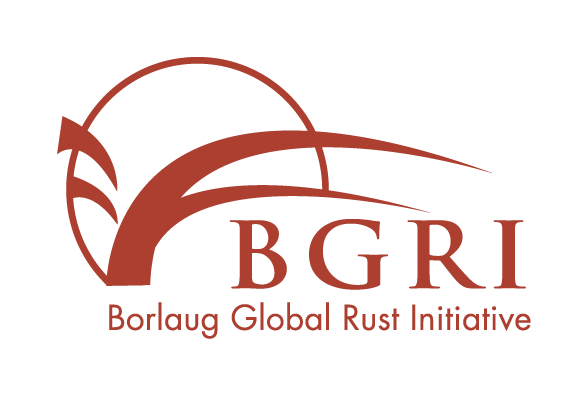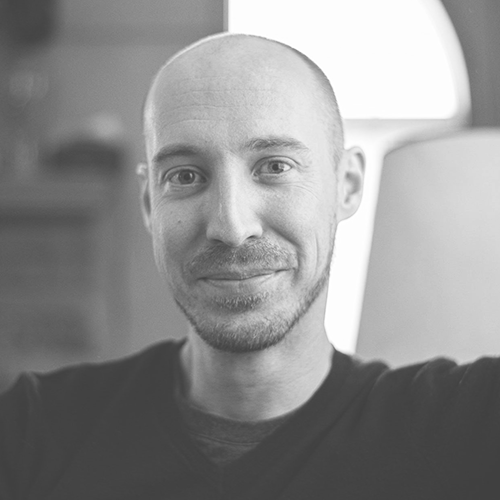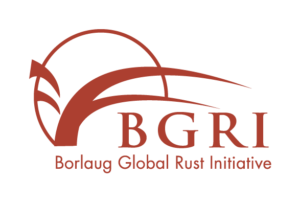As the world changes rapidly, new leaders are emerging to tackle the biggest challenges in food and agriculture.
“It is such a difficult time worldwide,” said Barbara Stinson, president of the World Food Prize Foundation, speaking at a virtual event May 21 hosted by the Borlaug Global Rust Initiative (BGRI) about “The Changing Face of Leadership and Research in Wheat.” Stinson joined the World Food Prize Foundation in January just as COVID-19 started sweeping across the globe.
“I have been so impressed by how many leaders are stepping forward in support of global partnerships, and how many of them are women,” she said, adding: “I’m truly energized by the next generation of leadership — those of you, all of you, who are so eager to take up the mission of eliminating hunger.”
The BGRI has been a leader in training and recognizing women scientists working in wheat. The May 21 event honored this year’s Women in Triticum (WIT) awardees, and included Stinson’s keynote address and a panel discussion with former WIT winners. The event was the first in a series of planned virtual workshops from the BGRI.
The WIT Early Career Award provides women researchers with the opportunity for additional training, mentorship, and leadership opportunities in wheat science. The WIT Mentor Award recognizes the efforts of men and women who have positively shaped the careers of women working in wheat and demonstrated a commitment to increasing gender parity in agriculture.
Maricelis Acevedo, associate director for science for the Delivering Genetic Gain in Wheat (DGGW) project (and herself a 2010 WIT winner), noted that this year’s awardees work across a multidisciplinary span of wheat science, from wheat breeding and pathology, to surveillance, data science and extension, with many disciplines in between.
“The future of wheat science — in fact, the future of the world itself — depends on the work of innovative, enthusiastic researchers,” Acevedo said.
This year’s early career awards went to Anna Backhaus (Germany); Bharati Pandey (India); Yewubdar Ishetu Shewaye (Ethiopia); Paula Silva (Uruguay); and Peipei Zhang (China). The WIT Mentor Award went to Evans Lagudah (Australia). The ceremony featured videos of all the winners speaking about their interest in wheat science and passion for food security issues.
Since 2010, the BGRI has honored 55 women scientists with early-career awards. The mentor award has gone to 10 individuals since it was established in 2011.
Sarah Evanega spoke about launching the WIT awards during her time leading the Durable Rust Resistance in Wheat (DRRW) project from 2008-2016. Evanega, who now leads the Cornell Alliance for Science, said she was so proud to see how each of the winners “has given back as mentors, as thought-leaders in gender in agriculture, as our nations’ top breeders, as mothers, as new faces leading agricultural science.”
Two former WIT winners — Acevedo and Hale Ann Tufan (2010) — now lead major projects at Cornell. Tufan, co-director for the Gender-responsive Researchers Equipped for Agricultural Transformation (GREAT) program (which is jointly administered by Cornell and Makerere University in Uganda), moderated a panel discussion featuring former WIT winners about the future of wheat research, and the panelists’ aspirations and vision.
During the virtual celebration, Jeannie Borlaug Laube, chair of the BGRI and for whom the awards are named, described her father Norman E. Borlaug as “tenacious in his focus, bold in his ambition and tireless in his pursuit.” Her father’s mission was to deploy the tools of agriculture science to create a world free of hunger and poverty, according to Laube. His efforts launched the Green Revolution and earned him the Nobel Peace Prize in 1970. He died in 2009 after spending his career mentoring young scientists and fighting to end hunger.
“My father would be very proud of you all,” she told the awardees. “If he were here, he would tell each of you, that you are the future ‘hunger fighters’ who will be called upon to come up with solutions for global hunger and global food security.”
The BGRI is the secretariat for DGGW, an international initiative to improve wheat. DGGW is funded by the Bill & Melinda Gates Foundation and UK aid from the UK government.
Written by:
Matt Hayes
Associate Director for Communications
Matt Hayes is a strategic communications expert and content strategist with experience in international agriculture, food security, global development and higher education. He manages all communications and marketing efforts for the Department of Global Development and a portfolio of more than two dozen programs and projects totaling $185+ million in funding.






